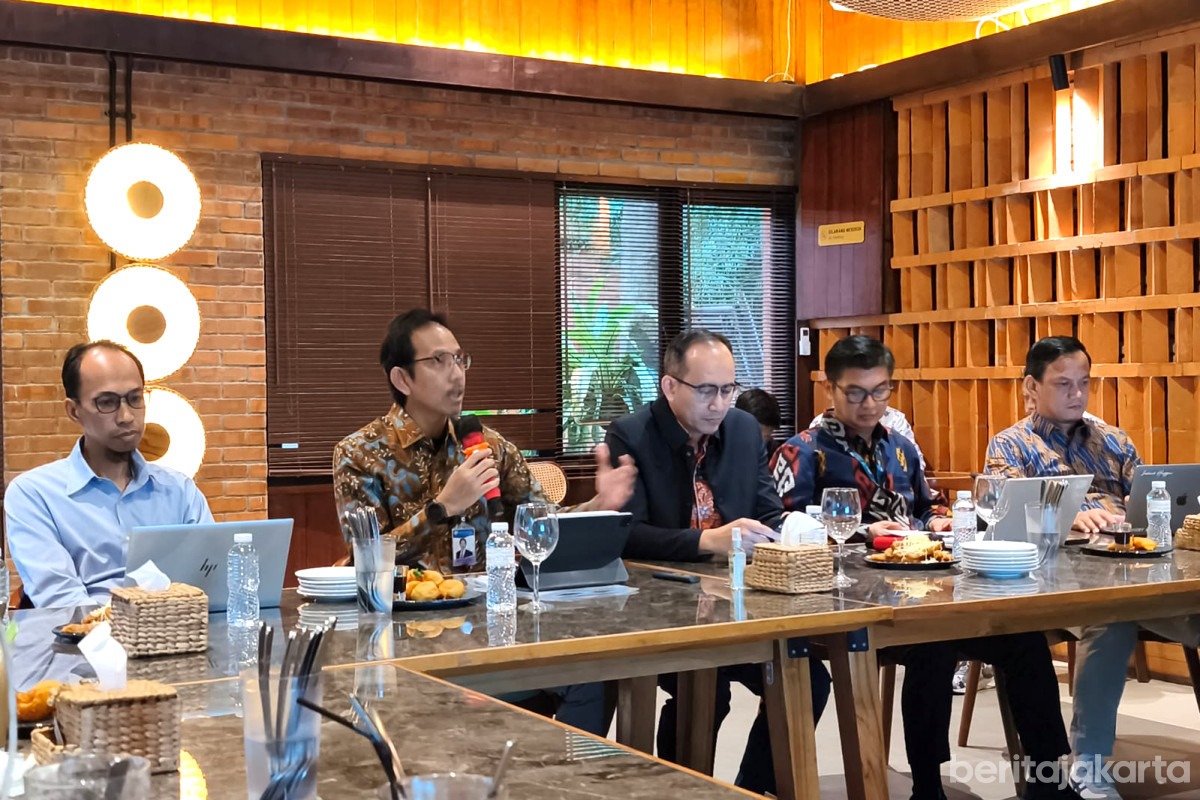Head of Bank Indonesia’s Jakarta Representative Office, Iwan Setiawan, stated that the capital’s economy shows potential for higher growth toward the end of 2025. Entering the third quarter, Jakarta’s economy recorded a 4.96 percent year-on-year increase, though this represented a seasonal slowdown that typically occurs each year. He explained that reduced public consumption after major religious holidays, normalization of mobility after school breaks, and fewer national holidays all contributed to the trend. Additionally, demonstrations in late August dampened household spending and delayed business expansion across key sectors.
Household consumption grew by only 5.01 percent year-on-year, slightly below the previous quarter’s 5.18 percent. Investment also slowed to 3.67 percent from 5.50 percent, though coordinated actions by the Jakarta Provincial Government helped cushion the impact. Measures such as improving public facilities, offering free Transjakarta services, increasing social aid, and organizing large-scale events supported economic stability. Meanwhile, government spending surged 20.06 percent year-on-year, up sharply from 5.16 percent, fueled by central government budget releases that boosted subsidies and goods procurement.
In terms of business sectors, economic performance was largely driven by services including information and communication, trade, and corporate services. These sectors benefitted from higher internet usage, rising umrah travel activity, and the proliferation of major events and MICE (Meetings, Incentives, Conferences, and Exhibitions) gatherings in Jakarta. The strong performance of these industries helped maintain steady growth despite headwinds in household consumption and investment. Their momentum is expected to persist through the next quarter, especially as event-driven tourism and digital services expand further.
Iwan expressed optimism that Jakarta’s economy will strengthen in the final quarter of 2025, bolstered by concerts, sports events, accelerated government spending, and ongoing infrastructure projects. He projected household consumption to rise in line with Christmas and New Year festivities and growing consumer confidence. Bank Indonesia forecasts the city’s economic growth for 2025 at between 4.6 and 5.4 percent year-on-year. He emphasized that continued collaboration between the central bank, the Jakarta government, and the Regional Inflation Control Team (TPID) under the 4K strategy, ensuring Supply Availability, Price Affordability, Smooth Distribution, and Effective Communication, will help keep inflation stable at around 2.5 ±1 percent.
Alexander Jason – Redaksi



